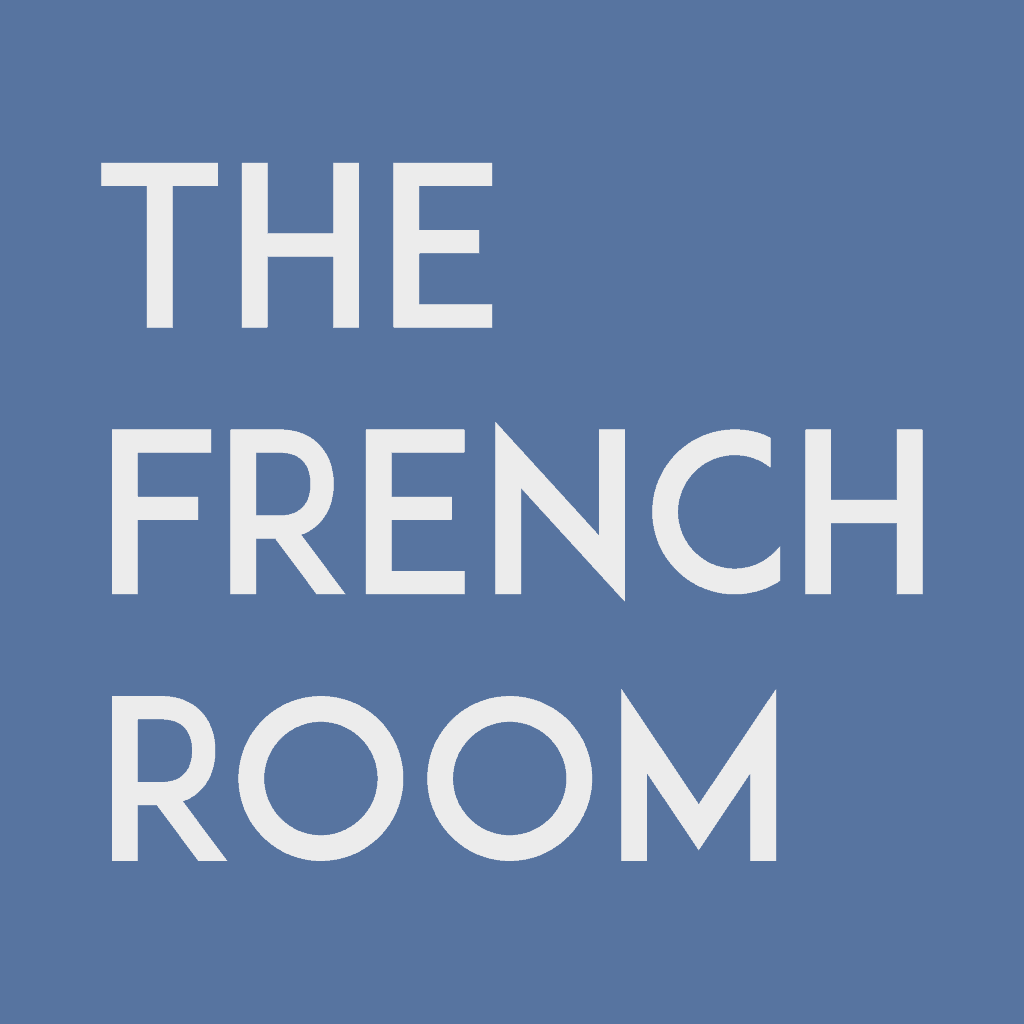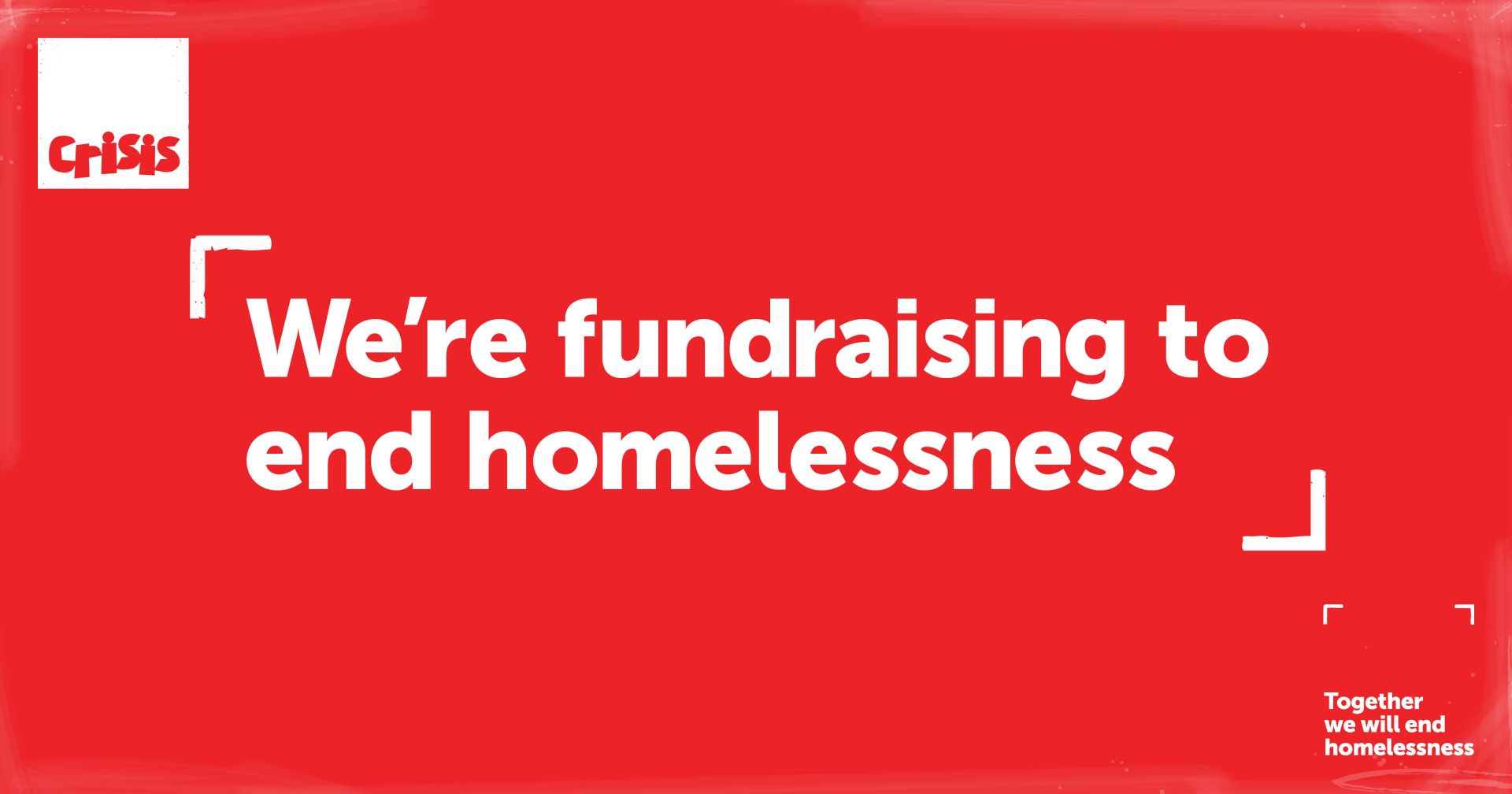The first challenge to overcome is finding ways to add to your French vocabulary.
Once you find a set of vocab that works for you, it's nice and comfortable and easy to keep reusing that same all set of words whatever the situation. They are like loyal friends that you can recall without effort and they will get you to where you want to go with a sentence.
Well to a certain extent. Because there will be a day when you are in a conversation and an idea that you want to express, I mean really express won't come across as you had hoped. Or there will be a misunderstanding or worse in my view you'll realise people aren't listening! And this is the point when you'll find that that faithful set of words just aren't up to the job.
You'll feel frustrated, not able to express the real you and might even believe that this is the limit of your ability to communicate in French.
But the problem is that you just need to find ways to add to your vocab. You need more words and expressions. You need something richer, more precise and descriptive. Perhaps you need something more arresting, interesting and engaging to gain your listener's attention and their understanding?
So how do you resolve this problem?
Become aware of your words
It's a strange phenomena, but we seem to have relationships with words. Some words we just love the sound, look and feel of and others horrify us. Some words terrify us, not by the meaning but due to their apparent "high-browedness" or impossible pronunciation!
But we can make friends with all words. And maybe we should go out of our way to accommodate the particularly tricky ones.
If this is you, then a useful exercise could be to start noticing words that you love and use and use and use and the ones you wouldn't touch with a bargepole. It's an interesting analysis you could undertake and start to decide what changes you would like to make.
Alternative French vocabulary
No matter what you are reading, you are going to come across new words or old words that are being used in ways you would never have anticipated. You'll find out where they sit in a sentence (word order) and discover some potential co-locations (words that always go together like salt and pepper).
Once you find something interesting play around with it. If it's a verb try it in different tenses. If it's a noun see you if you can transform it into a verb or an adjective or vice-versa. Look for the etymology of the word and see it connects to a word you already know. Does it belong to a family of other words?
I'd suggest that you don't set yourself the task of reading the full works of Moliere or Camus or even J.K. Rowling. You could just read a Mr. Men book, a news article or even a page out of your grammar book!
Try the same approach as for reading when you are listening. Here you get the added benefit of really hearing the pronunciation and how that word merges with others around it when we speak.
Again, don't try something too stretching for your listening skills. Do try it with something you enjoy. So if there's a TV series or film you love pop the French subtitles on watch out for phrases you like the sound of.
By this I mean get a dictionary out and simply learn some words. It's probably easiest to pick a page and see what comes up. It's a good way to come across random terminology that it is unlikely you would have found otherwise. It's also a great way to see how many different meanings one word has.
Another place you could look is in a vocabulary text book. We use a few of these in your classes and Tutos. They are really apt at expanding synonyms so giving you a good selection of ways of saying the same thing.
Remembering new words
The strategy that works best to remember a word, is to use it over and over until it becomes a natural part of your repertoire.
To memorise the word or expression in the first place it is helpful to give it some form, personality, shape and context. If you learn a word whilst eating a meal in a French restaurant chances are you are very likely to remember it. Why? because you have an experience, a sensation, emotion and memory associated with it.
As this is not how you are going to learn all your French vocabulary, it is worth considering how you can conjure up that same set of sensations when you come across a new word or expression you want to use. If you do this successfully the word is more likely to pop up just at the right moment that you need it in conversation. It takes more effort in the first place but it works.


